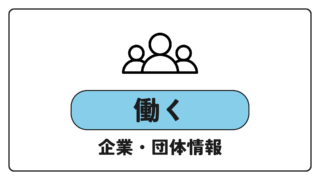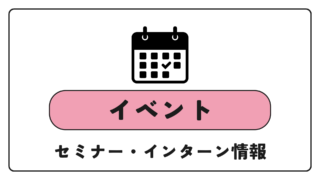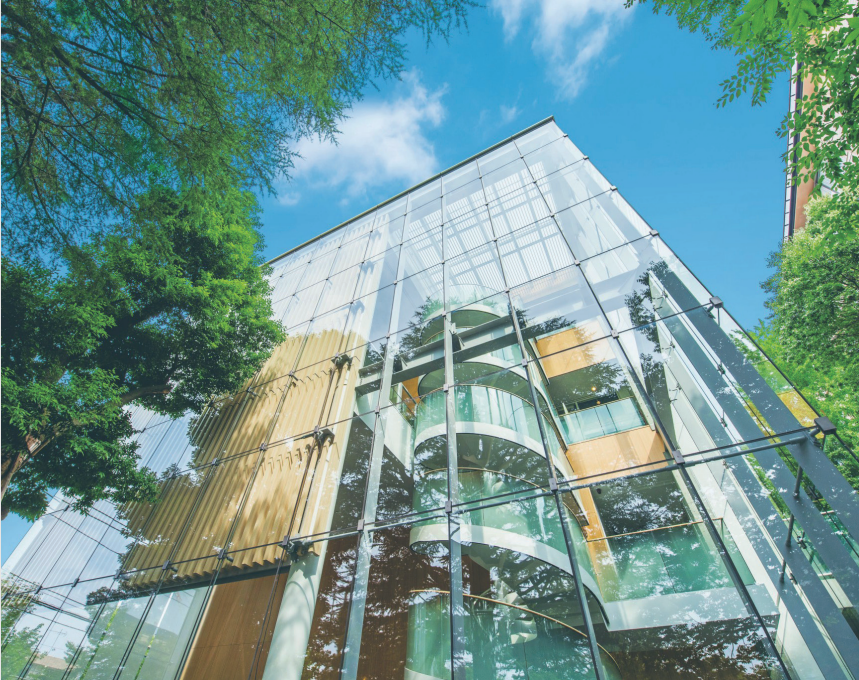広範で深遠な教育と伝統のゼミで鍛える
武蔵大学は、日本初の私立7年制高等学校として1922年に設立した旧制武蔵高校を母体とし、49年の学生改革により開設。旧制高校以来の伝統である少人数教育と、全学部で計400にも上る豊富なゼミナールが特徴で、「ゼミの武蔵」のキャッチコピーとしている。
同学では、当初から①東西文化融合のわが民族理想を遂行し得べき人物、②世界に雄飛するにたえる人物、③自ら調べ自ら考える力のある人物を、「見学の三理想」として掲げてきた。この三理想に基づき、従来の一般教養と専門の区分を超えた分野横断的な「リベラルアーツ」と、数理科学・自然工学・社会科学からなる「サイエンス」を融合した広範で深遠な教育を提供している。ゼミや実習では、問題解決の実践力、他者との協働する力を養うことができる。
2022年度に新設された国際教養学部では、経済経営学専攻とグローバルスタディーズ専攻を設けて、地球規模の課題に対応するリーダー養成を図る。伝統ある経済学部から、ロンドン大学とのパラレル・ディグリー・プログラムなど一部の授業を移行するほか、専門分野に精通した外国出身の講師が全体の6割と多い。選考の枠を超えて授業を履修することもできる。
活発な議論が行われる少人数制のゼミはもちろん、留学や海外インターンシップの機会も豊富だ。「世界水準で学び抜く覚悟はあるか。」と自ら問いかけるほど、厳しくも充実した学びの場がここにある。
わが大学が目指す2030年
武蔵大学は、創設時から続くリベラルアーツ&サイエンス教育を根幹に、課題解決にリーダーシップを発揮できる知性と教養ある人物の養成を目指しています。グローバル化の拡がりにより、今後ますます、世界的視野を持ち、地球上の多様な人々が直面する課題に、協働して取り組むことのできる人材が求められています。
キャンパスには、公用語が英語となるMusashi Communication Village(MCV)があり、語学や異文化を楽しみながらグローバル化への対応を身に付けることができます。また、全学生が利用できる新設のラーニングコモンズは、専門の異なる学生との活発な交流や議論から新しい発想や価値観が創出されることが期待されています。
世界に通用する英語力と知識

東郷賢先生(国際教養学部 学部長 専門は、開発経済学や国際経済学。)
国際協力銀行(JBIC)の前身である日本輸出入銀行に勤めていたときに世界銀行やIMFと一緒に仕事をし、大学院レベルの知識の必要性を認識し、Yale大学大学院で博士号を取得しました。現在、2022年4月に誕生した「国際教養学部」で学部長を務め、開発経済学や統計学の授業を担当しています。本学部の授業は、徹底した少人数教育と、英語で行われる科目を中心に構成されていることが特徴です。また、2つの専攻の枠を超えて履修可能な学部共通科目も開設し、これらを組み合わせることで、高い英語力や世界に関する幅広い知識の習得が期待されています。1期生が一生懸命に勉強しており、非常に意欲的だと感じています。
使って!この授業・この制度
経済経営学専攻では、ロンドン大学とのパラレル・ディグリー・プログラム(PDP)を提供しています。このプログラムは、ロンドン大学および同大学のカレッジの一つであるロンドン・スクール・オブ・エコノミクス(LSE)が監修する授業を日本で受けながら、本学とロンドン大学の学士号を取得できる貴重なものです。PDPは、世界では広く提供されていますが、日本では本学のみです。1年次から統計学、国際関係学などを英語で教わりますが、高校で英語の勉強をきちんとしていれば問題なく参加できると思います。成績が良ければ、LSE Summer SchoolやLSEへの協定留学も可能です。海外有名大学院へ進学する際には、日本の中でもとても有利なプログラムだと自負しています。
学生(卒業生)の声
ロンドン大学の学位取得を目指し、1期生スタート!

トラン・ゴク・アントゥさん(国際教養学部 経済経営学専攻1年)
私の両親はベトナム人で、幼少期から日本語・ベトナム語に触れて育ちました。また、使える言語が増えるとコミュニケーションの輪が広がるという実感もあり、英語を学ぶことも好きでた。そうして身につけた言語を武器にして、将来的には自分の故郷であるベトナムと日本をつなげる仕事に就きたいと思うようになりました。
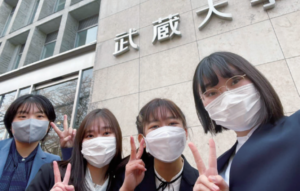
東京・江古田のキャンパスにて
国際教養学部にはさまざまな魅力がありますが、一番は英語で授業が受けられることだと思います。新型コロナウイルスで海外への渡航制限がある今でも、大学に来れば毎日英語に触れることができます。また、英語の学習を集中的に行うことができる授業があることも特徴です。私が在籍している経済経営学専攻は1年次の9月からロンドン大学の授業が始まるため、それまでにIELTS overall 5.5以上を取得する必要があります。それに向けて、6月から8月の間は集中的な英語研修がカリキュラムに組み込まれています。入学時に英語に自信があまりない人でも、この研修でがんばれば大丈夫、という良い制度だと思います。
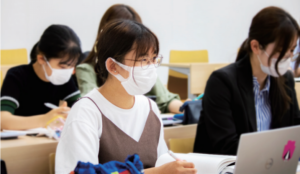
経済経営学専攻の授業
学校データ
・名称:武蔵大学|国際教養学部
・取得可能な学位:経済経営学専攻・学士(経済経営学) グローバルスタディーズ専攻・学士(グローバルスタディーズ)
・定員:100人
・学 費:入学金24万、授業料97万円(初年度)/大学ホームページをご参照ください。
・奨学金制度 : 日本学生支援機構、大学独自の奨学金あり
・所在地 : 〒179-8534 東京都練馬区豊玉上1-26-1
・Tel:03-5984-3715
『国際協力キャリアガイド22-23』掲載
(本内容は、取材当時の情報です)

